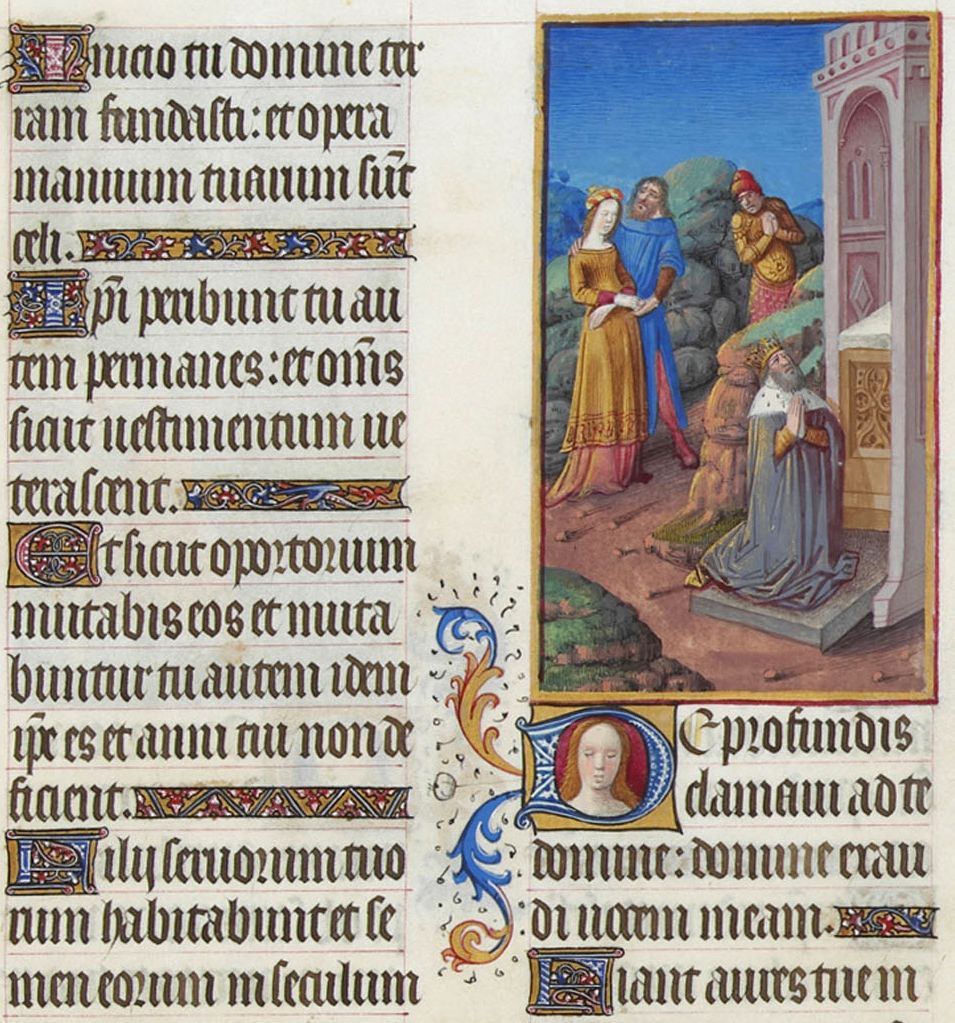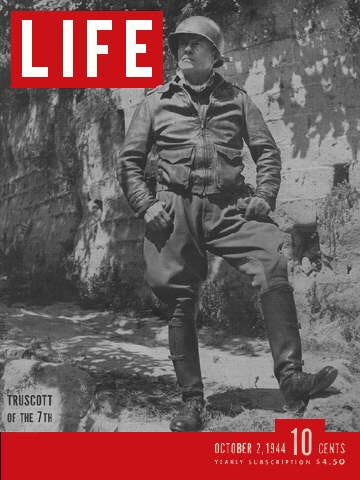“Oh! Al-Azhar! Inshallah” exclaims our taxi driver. This cabbie has realized he has no ordinary passenger, but a student of Egypt’s and Sunni Islam’s premier university. “Sheikh Adam” enunciates the driver, bestowing an honorific upon the rider and bringing home Al-Azhar University’s prestige to viewers of Tarik Saleh’s film Boy from Heaven. Our boy hero, Adam, has a common first day experience—crammed move-in, first brush with the library (where he floats through aisles, grazing precious covers softly), first bunk bed night. We catch an inkling of a smile as Adam lays himself down, tired body soon to rest. Beneath the minarets and shady arches, though, Al-Azhar is in flux. The institution’s presiding Grand Imam, a quasi-Pope figure in the Sunni world, dies—setting off a succession crisis between extremist Islamists and a more moderate, pro-secular government contingent.
World
Song of Ascension

Dear friends and family,
We found the five of them under a Mango tree last night, to which we had been led by bandits after a release deal was cut by their families.
We were the “guarantors” that the ransom given by their families would achieve their freedom. (This is, in fact, almost never the case, until multiple ransoms are paid.)
It was a dark 10pm, made up of many kinds of darkness.
The Student
At first the weather was fine and still. The thrushes were calling, and in the swamps close by something alive droned pitifully with a sound like blowing into an empty bottle. A snipe flew by, and the shot aimed at it rang out with a gay, resounding note in the spring air. But when it began to get dark in the forest a cold, penetrating wind blew inappropriately from the east, and everything sank into silence. Needles of ice stretched across the pools, and it felt cheerless, remote, and lonely in the forest. There was a whiff of winter.
Ivan Velikopolsky, the son of a sacristan, and a student of the clerical academy, returning home from shooting, kept walking on the path by the water-logged meadows. His fingers were numb and his face was burning with the wind. It seemed to him that the cold that had suddenly come on had destroyed the order and harmony of things, that nature itself felt ill at ease, and that was why the evening darkness was falling more rapidly than usual. All around it was deserted and peculiarly gloomy. The only light was one gleaming in the widows’ gardens near the river; the village, over three miles away, and everything in the distance all round was plunged in the cold evening mist. The student remembered that, as he had left the house, his mother was sitting barefoot on the floor in the entryway, cleaning the samovar, while his father lay on the stove coughing; as it was Good Friday nothing had been cooked, and the student was terribly hungry. And now, shrinking from the cold, he thought that just such a wind had blown in the days of Rurik and in the time of Ivan the Terrible and Peter, and in their time there had been just the same desperate poverty and hunger, the same thatched roofs with holes in them, ignorance, misery, the same desolation around, the same darkness, the same feeling of oppression — all these had existed, did exist, and would exist, and the lapse of a thousand years would make life no better. And he did not want to go home.
Creative Marginalia
From Simon Ley’s “Marginalia,” an essay included in his posthumous collection, The hall of uselessness (2013)...
Chekhov wrote some 250 stories — among all of them he singled out “The Student” as his favorite.
Nation Time
In his novel To Asmara, Thomas Keneally — the author best known for Schindler’s List — offered a compelling portrait of Eritrean caregivers amid an agonizing armed struggle for independence. I flashed on his fiction as I watched the short film (below) made by Times reporters embedded in a Ukrainian medical unit close to the front lines. The film is less romantic than To Asmara. Unlike the Eritrean heroes of Keneally’s novel, the Ukrainian doctors are not paragons. When they must care for a Russian prisoner of war, they do the job but…well, you’ll see. For now, let’s just stipulate the Ukrainians are not saints like Keneally’s fighters and healers. (Or, saying it another way that might speak to longtime First readers, there’s nobody like Fr. Frechette in this unit.)
Laughter in the Dark
My first brush with the audience for Film Forum’s Ozu retrospective was a trip. I got off on the wrong block and ran into another Ozu-er who was lost too. As we found our way around the block to the theatre, he told me he saw Tokyo Story when he was teenager, which led him (eventually) to spend decades in Japan where he got married. His Japanese wife met us at the theater.
Mussolini, Europe’s Prize Bluffer More Like Bottomley[1] than Napoleon
Excerpted from an article published by Ernest Hemingway in 1923…
…Mussolini is the biggest bluff in Europe. If Mussolini would have me taken out and shot tomorrow morning I would still regard him as a bluff. The shooting would be a bluff. Get hold of a good photo of Signor Mussolini sometime and study it. You will see the weakness in his mouth which forces him to scowl the famous Mussolini scowl that is imitated by every 19-year-old Fascisto in Italy. Study his past record. Study the coalition that Fascismo is between capital and labor and consider the history of past coalitions. Study his genius for clothing small ideas in big words. Study his propensity for dueling. Really brave men do not have to fight duels, and many cowards duel constantly to make themselves believe they are brave. And then look at his black shirt and his white spats. There is something wrong, even histrionically, with a man who wears white spats with a black shirt.
There is not space here to go into the question of Mussolini as a bluff or as a great and lasting force. Mussolini may last fifteen years or he may be overthrown next spring by Gabriele D’Annunzio, who hates him. But let me give two true pictures of Mussolini at Lausanne.
The $ubmersible $outh $udan
June 23, 2023, 5:01 a.m. ET
From a safe American home…
Our modern media world manufactured a new social equation this last week. While the exact math is still in dispute, it goes something like this:
Five people dying @ $250,000 per joy-ride to disaster-site = five days of lead stories.
A few fringe mathematicians have expanded the equation so the above formula is socially equal to:
120 people dying @ a day of famine/starvation in South Sudan = zero coverage.
Folks, this ain’t the new math.
Bread and Freedom
This talk was included in the collection, Resistance, Rebellion and Death (1961), published after Camus’s death. It originally appeared (per the Anarchist Library) as “Restaurer la valeur de la liberté” (“Restoring the value of freedom”) in the September 1953 issue of La Révolution Prolétarienne, a French syndicalist journal. The title was changed when it was reprinted later the same year. “Bread and Freedom,” incidentally, was also the title of the Russian translation of Kropotkin’s The Conquest of Bread.
On this and every Memorial Day, my family and I remember Grandpa

This is the way CNN commemorated Memorial Day in 2015, with a story they called, “The General Who Apologized to the Dead Soldiers on Memorial Day.”
“At the Sicily-Rome American Cemetery at Nettuno, Italy, Memorial Day 1945 was an elegiac occasion. Lt. Gen. Lucian Truscott Jr., who had led the U. S. Sixth Corps through some of the heaviest fighting in Italy and now commanded the Fifth Army, gave a speech that is particularly relevant for today when the trauma of our long wars in Iraq and Afghanistan continues to haunt so many vets.
Entering War & Coming Home (Viet Nam, Fifty Years on)
Originally published here in 2020.
Most Army Soldiers came to and from Viet Nam aboard a 707 commercial airliner. Two years ago, I was seated next to a retired flight attendant. Somehow we started a conversation about Viet Nam. She told me she was a stewardess who flew the flights bringing soldiers to and from Viet Nam. I told her how, as we flew to and from the war, the stewardesses looked like angels, especially on the way home after my tour. She told me about the heartbreak she felt flying, “….so many boys to Viet Nam… how young they were… how depressing the flights to Viet Nam were. It was a different experience flying them home.”
“Come and See” (with English Subtitles)
CLICK ON LINK BELOW FOR FULL MOVIE FREE ON YOUTUBE WITH ENGLISH SUBTITLES (TRAILER BELOW THE LINK)
Come and See | WAR FILM | FULL MOVIE – YouTube
Mayday Duo: “How I Became an Anarchist” and “A Theory of Everything”
Heresies: Anarchist Memoirs, Anarchist Art, by the late Peter Lamborn Wilson is a book in two parts. First comes reminiscences, rants and raps about anarchist theory and (in)activism. The second half of the volume consists of essays on Symbolism, alchemy and anarchism in the arts. (Your editor is hot to run the pages on Gauguin!) What follows are two chapters from the first swatch of Heresies…
How I Became An Anarchist
When I was 12 or 13, I wanted to be a cartoonist and I worshiped Krazy Kat, greatest of all comic strips: surrealist, mystical, Romantic slapstick about perverse love (across not only gender but species) and criminal anarchy: quantum weirdness and genderfuck written in slang poetry and drawn with slapdash-taoist panache by African-American artist George Herriman.
On Richard Wolin’s “Heidegger in Ruins”
This short sprint to the starting gate of a review of Richard Wolin’s solid “Anti-Heidegger,” his recent polemical book Heidegger in Ruins (Yale University Press, 2023).
Fifty years ago, Walter Kaufmann had already reduced Being and Time to bare life, noting how abusive Heidegger’s German was; how evident but unremarked the bleak mood during and after Germany’s World War I defeat, reappearing as Heidegger’s mood of “anxiety” (think: trench warfare) and as a requirement for authenticity; how close to plagiarism were Heidegger’s views on being-toward-death, considering Tolstoy’s The Death of Ivan Ilyich.
Kaufmann is droll and incisive on the academic resistance to criticism of Heidegger even in Heidegger’s own time. After declaring that classical scholars found Heidegger’s reading of a fragment of Anaximander to be untenable; that Heidegger’s interpretation of Kant “was widely repudiated by Kant scholars”; and that professors of literature considered Heidegger’s readings of Hölderlin, Rilke, and Trakl, among others, way stations to the destruction of German literature, Kaufmann concludes: “Even so (emphasis added, SC; read closely!), some who know their Kant are awed by the erudition of Heidegger’s classical interpretations; Nietzsche scholars find his Rilke essay stimulating and profound; and Rilke scholars bow before his Nietzsche exegesis.”[i]
Democracy in the Streets (Saturday Night in Tel Aviv)
Tonight there were much more than 150 thousand demonstrating in Tel Aviv alone. If Tel Aviv has a population of about half a million, and over 150 thousand people were holding flags in the center of the city and shouting in union “democracy,” what does this mean? This is not just about certain rules being crammed down our necks every day, or about politicians who should be in jail. This is about the concept of democracy, and to my mind it should not be only an Israeli issue or even just an issue for Jews around the world. It is about the danger to democracy all over the world. My Hungarian friends, my Polish friends, my Italian friends, and my American friends all know the terrible threats to democracy being faced and the delicate freedom to protest that can disappear in a moment. Tell the world to pay attention to the freedom we have and guard it carefully!
Taking Bad Bunny Seriously

First, some facts about Bad Bunny, in case you think he’s a rowdy pet. He’s Billboard’s artist of the year and Spotify’s most-streamed artist for two years running—an amazing feat for someone who sings in Spanish. His reach is global, but his songs are local, rich with Puerto Rican slang. (I’ve heard him introduced as “Ba-Boney” on Spanish-language TV.) He looks like he was born in a baseball cap, but he sometimes performs in a dress. He chose his stage name because, as he told the late-night host James Cordon, “even when he’s bad, he’s cute.”
The Rose named Laetare

Dear Family and Friends,
Thilus just came back to us today, taking THREE MONTHS to get from Jacmel to Port au Prince.
He is 2 years old, his belly is tight like a drum and nearly bursting from an enormous and sick liver,
he has grey and flaking skin, he is weak and exhausted.
Jacmel is usually a FEW HOURS from Port au Prince by car. A little bit more by bus.
But not when your bus and everyone in it is KIDNAPPED crossing Martissant, on roads totally controlled by thieves,
and especially if there is no one on earth who can pay your ransom.
Twenty Years After
This piece, which Oliver Craner originally posted at his personal website last summer, offers a deep reading of Iraq’s post-invasion trajectory. Craner’s piece isn’t definitive. He gives a little too much credence to canny purveyors of the given such as journalist George Packer. Still, Craner’s account of Kanan Makiya’s journey beats what’s been on offer in most think pieces tuned to the 20th Anniversary of “shock and awe.” I commend, in particular, Cramer’s return to The Rope — Makiya’s own attempt to reckon with what happened in Iraq. The Rope, which refers to the one used to hang Saddam Hussein, tells the story of a Shiite militia-man whose life comes down to one sectarian betrayal after another. The anti-hero of the book — an orphan who looks up to his uncle as more than a mentor — will find out (before the book’s end) the uncle was behind the murder of the militia-man’s father. Iraq in a nutshell? It’s important to add, though, The Rope isn’t simply a fable. As Craner notes, Makiya’s fiction was founded on real events such as…